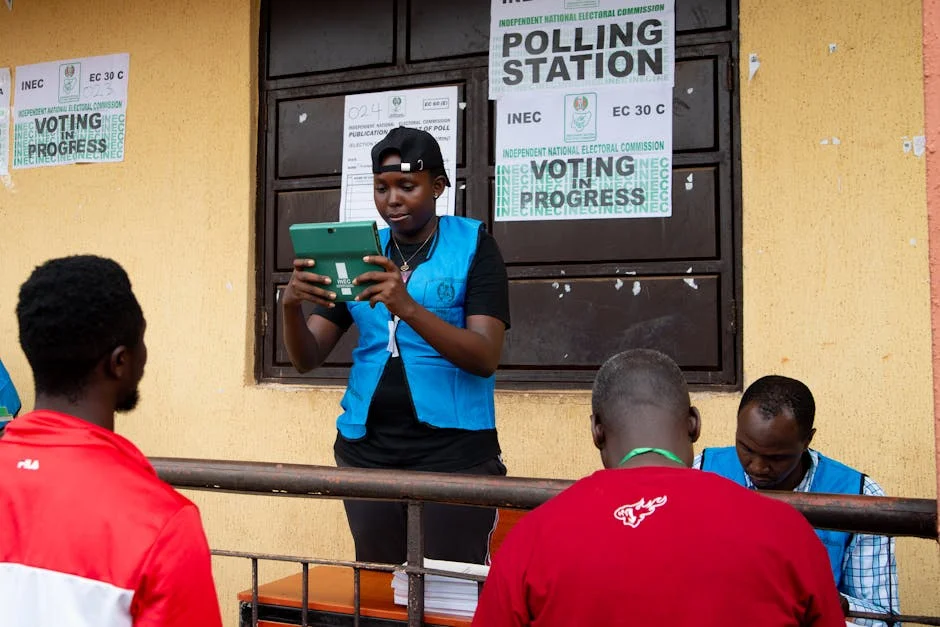The Naira witnessed a significant week-on-week drop of 11.43%, reaching an all-time low of N1,170 per US dollar in the parallel market.
The decline has been attributed largely to speculative activities, leading to a market premium of N361.73.
Simultaneously, data from the Central Bank of Nigeria (CBN) revealed a substantial month-on-month decline of $717 million in the country’s gross official reserves, bringing it to $33.2 billion in September 2023.
This is a noticeable drop compared to the previous month, which saw a modest increase of $2 million, reaching nearly $34 billion.
For 12 consecutive months, the gross official reserves have consistently declined, with a decrease of approximately $3.8 billion in the current year alone, resulting in an average monthly decline of $427 million.
Analysts at FBNQuest Research explained that this ongoing decline in gross official reserves highlights the heightened demand pressure for foreign exchange amid a severe supply deficit.
They attributed part of this substantial decline to significant external debt service payments made during the month, driven by the volume of issuances within that period.
The total reserves at the end of July 2023 covered 6.8 months of merchandise imports based on the balance of payments for the 12 months up to December 2022, and 5.3 months when services are added, as stated by FBNQuest Research.
However, the firm emphasized that to paint a more accurate picture, it’s necessary to adjust the gross reserve figure and the import cover for the backlog of delayed external payments, which various sources have estimated to be in the range of $3 billion to $10 billion.
Last week, the CBN removed restrictions on foreign exchange access for 43 items that had been denied access to the official foreign exchange window since 2015. The bank cited the need to alleviate demand pressure from the importation of these items on the parallel market.
In the view of analysts, the CBN’s capacity to address the persistent challenges with foreign exchange availability is limited.
“In our view, the CBN’s capacity to resolve the lingering challenges with fx availability is limited.
“The solution lies in addressing the structural issues contributing to the supply deficit – which is mainly related to the need to boost the nation’s export productive capacity. This falls primarily within the purview of fiscal authorities.”



